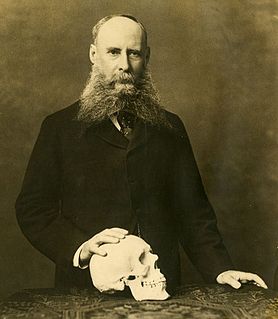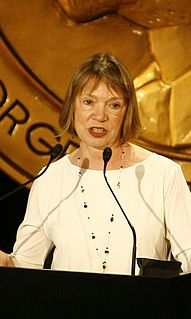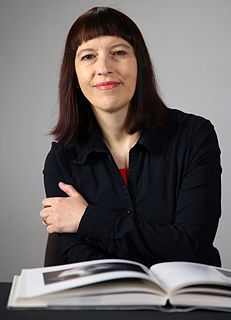A Quote by L. Ron Hubbard
It is a remarkable fact, a scientific fact, that the healthiest children come from the happiest mothers.
Quote Topics
Related Quotes
In a famous Middletown study of Muncie, Indiana, in 1924, mothers were asked to rank the qualities they most desire in their children. At the top of the list were conformity and strict obedience. More than fifty years later, when the Middletown survey was replicated, mothers placed autonomy and independence first. The healthiest parenting probably promotes a balance of these qualities in children.
The significance of a fact is relative to [the general body of scientific] knowledge. To say that a fact is significant in science, is to say that it helps to establish or refute some general law; for science, though it starts from observation of the particular, is not concerned essentially with the particular, but with the general. A fact, in science, is not a mere fact, but an instance. In this the scientist differs from the artist, who, if he deigns to notice facts at all, is likely to notice them in all their particularity.
We have now the remarkable spectacle that just when many scientific men are agreed that there is no part of the Darwinian system that is of any great influence, and that, as a whole, the theory is not only unproved, but impossible, the ignorant, half-educated masses have acquired the idea that it is to be accepted as a fundamental fact.
Here's the progression. Feminism won; you can have it all; of course you want children; mothers are better at raising children than fathers; of course your children come first; of course you come last; today's children need constant attention, cultivation, and adoration, or they'll become failures and hate you forever; you don't want to fail at that; it's easier for mothers to abandon their work and their dreams than for fathers; you don't want it all anymore (which is good because you can't have it all); who cares about equality, you're too tired; and whoops--here we are in 1954.
Unfortunately, philosophers of science usually regard scientific realism and scientific anti-realism as monistic doctrines. The assumption is that there is one goal of all scientific inference - finding propositions that are true, or finding propositions that are predictively accurate. In fact, there are multiple goals. Sometimes realism is the right interpretation of a scientific problem, while at other times instrumentalism is.
I've really come into my own as an artist. I'm much more sure of my identity and understand it much better, and have accepted the fact that I like to jump around a lot in terms of who I am and what kind of music I create, and that it is okay - in fact, that is my main identity, the fact that I do that.



































